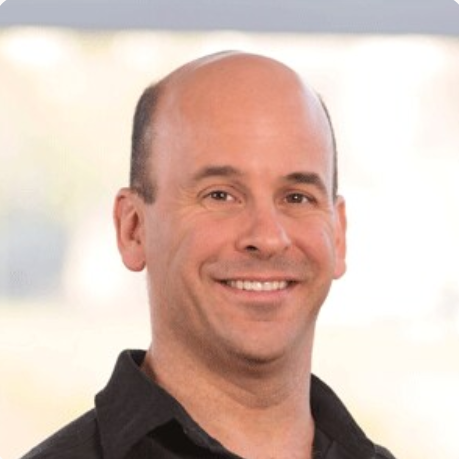End-of-Year Rush: Staying Centered On What Matters
In a year marked by rapid shifts in global project delivery, the release of the PMBOK Guide Eighth Edition at the PMI Global Summit 2025 sets a new agenda for value-driven, adaptive, and sustainable practices. This final 2025 edition of Streamline brings you expert perspectives on leadership, wellbeing, agile trade-offs, and the evolving demands of the profession, helping you close the year with both clarity and inspiration.
Here’s what caught our attention:
Rewriting the Project Management Curriculum
PMI Global Summit 2025 Had Big Announcements and Bigger Energy—Here’s the Recap. The PMI Global Summit in Phoenix highlighted the upcoming PMBOK 8th Edition and a refreshed certification roadmap that put value delivery and real-world applicability at the center of project practice. The updated guidance reinforces integration of predictive, agile, and hybrid approaches while emphasizing sustainability, AI, and stakeholder outcomes, and the new exam roadmap signals how PMI expects professionals to upskill for the project economy of the coming decade.
Education for Modern Project Management
Why Modern Project Management Courses Need a Rethink. In this article, Antonio Nieto‑Rodriguez argues that many curricula still reflect a world of stable, single‑project environments that no longer exists. He calls for programs that embed strategy execution, benefits realization, agile and hybrid delivery, and power skills (like influence and storytelling) into the core, so that new and experienced practitioners alike are prepared to lead transformations, not just administer plans. For PMOs and leaders, this article is also a useful lens to assess internal training: which parts prepare people for today’s portfolio challenges, and which belong to a bygone era?
Practical Management Advice for Overload
Our Favorite Management Tips on Leading When You're Overwhelmed. Curated from a range of leadership voices, this piece presents focused tips on managing overload, from setting clearer boundaries and expectations to delegating with intention and protecting time for deep work. It also touches on emotional self‑management, looking at how leaders can stay grounded, communicate transparently in times of pressure, and model sustainable ways of working for their teams.

Managing Speed and Complexity
Delivering Fast, Managing Smart: How Flexibility, Uncertainty and Complexity Shape Project Speed. Drawing on research and case examples, this article explores how flexibility, uncertainty, and complexity interact to determine project speed and what managers can do about it. Readers will find practical levers (governance, decision cycles, feedback loops, and team autonomy) they can adjust to move faster while keeping risk under control and strategic alignment intact.
Addressing Perfectionism in Projects
Why the Perfect Is So Often the Enemy of the Good. A thoughtful reflection on how perfectionism can quietly sabotage progress, innovation, and morale in project teams. By reframing “good enough” as a disciplined, value‑focused choice rather than a compromise on quality, the article encourages leaders to ship earlier, learn faster, and reduce wasteful rework that adds little benefit for stakeholders.
Wellbeing in Project Teams
Wellbeing in project teams: Boosting productivity and profitability through human-centric approaches This piece positions wellbeing not as a “nice to have” but as a core performance driver, explaining how autonomy, psychological safety, and realistic workloads translate into higher engagement and better project outcomes. It offers tangible ideas for project leaders and PMOs, such as adjusting cadence, clarifying priorities, and building supportive team rituals, to embed human‑centric practices into day‑to‑day delivery rather than treating them as side initiatives.
Communication as a Project Manager’s Role
When Project Managers Become Project Messengers. This article shines a spotlight on a subtle but growing shift: PMs spending more and more of their energy translating strategy, aligning stakeholders, and managing expectations rather than just scope, schedule, and budget. It explores how this “messenger” role can either reduce the PM to a courier of decisions made elsewhere, or elevate them into a trusted advisor who frames trade‑offs, surfaces risks, and creates shared understanding across business and delivery teams. The piece offers practical guidance on avoiding the “passive messenger” trap, through better questioning, clearer narrative around project value, and proactively shaping the conversations that drive decisions.
Before we wrap up, we leave you with a quote that captures the spirit of this month’s insights.
“Success is the sum of small efforts, repeated day in and day out.” — Robert Collier
As this is the last Streamline edition of 2025, thank you for reading, sharing, and engaging with us throughout the year. Wishing you a joyful holiday season and a happy New Year, and looking forward to continuing the conversation on projects, people, and performance in 2026.
See you next time!



